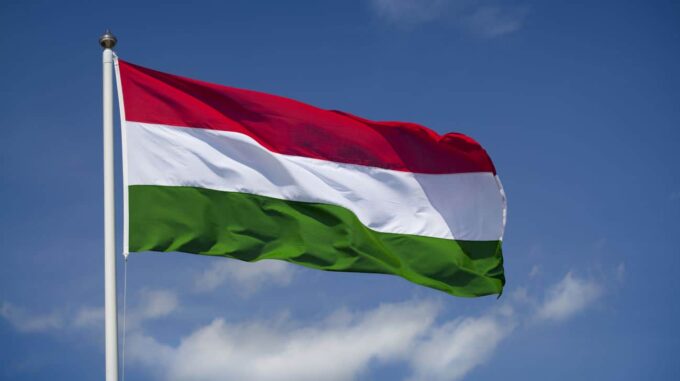MEDIA: Hungary presented its version of the “espionage scandal” involving Ukraine to NATO

International intelligence circles and diplomatic sources have obtained new details regarding the incident surrounding espionage activities that escalated between Hungary and Ukraine in May of this year. According to information published by the Ukrainian project VSquare, citing anonymous sources within Hungary's national security sector, Budapest forwarded an official report to NATO reflecting its perspective on the events that led to mutual expulsion of diplomats and arrests. According to this report, also circulated within NATO circles, Hungary’s intelligence agencies expressed their version of the reasons and circumstances of the scandal. The document states that Ukraine violated diplomatic protocol by disclosing information about the arrest of suspects involved in espionage activities in our country — instead of keeping this information confidential, as diplomatic practice demands. Hungarian intelligence officials interpret this as an aggressive and unacceptable move by Kyiv. In response to Ukraine’s actions, the report emphasizes that Budapest took strict measures, including expelling Ukrainian diplomats for "espionage" — which triggered a short but highly resonant diplomatic scandal. Additionally, Hungarian security services arrested several Ukrainian civilians without diplomatic immunity, who were suspected of espionage activities in favor of Ukraine. Hungary considers this an necessary step to protect national security, specifically to dismantle and neutralize an espionage network reportedly operating within Hungarian territory. The report also touches upon the political rationale behind this step: it is believed that intelligence services, including the KNBSZ, focused on counter-espionage activities to avoid diplomatic procedures, given that espionage was regarded as a significant threat to national interests. Consequently, the official stance of Hungary is that issues related to its espionage operations or external intelligence service (KNBSZ) should be addressed directly with the military intelligence agency, which conducted these operations. It should be noted that this version from the Hungarian side has found support in diplomatic circles. Meanwhile, Ukrainian officials, including President Volodymyr Zelensky, in their interviews, concur that the responsibility for uncovering and dismantling spy networks in Zakarpattia fully lies with Hungarian intelligence agencies. The "European Pravda" newspaper, citing informed sources, already recalled that on May 9, an espionage network of the Hungarian military intelligence was uncovered in Uzhgorod and Ternopil, which led Kyiv and Budapest to carry out mutual diplomatic expulsions directly within Ukraine. Additionally, reports have emerged in society and the media about the detention in Hungary of a civilian individual whom local authorities labeled as a "Ukrainian spy." This fact, against the backdrop of heightened tensions, underscores once again the complexity and multifaceted nature of this story, where issues of mutual trust and security between the two countries remain unresolved. Thus, the tense diplomatic conflict between Ukraine and Hungary has developed further: both sides are now presenting their differing versions of Events, and NATO structures are receiving reports that detail nuances related to politics, espionage, and the struggle over national interests in the complex landscape of contemporary geopolitics.

